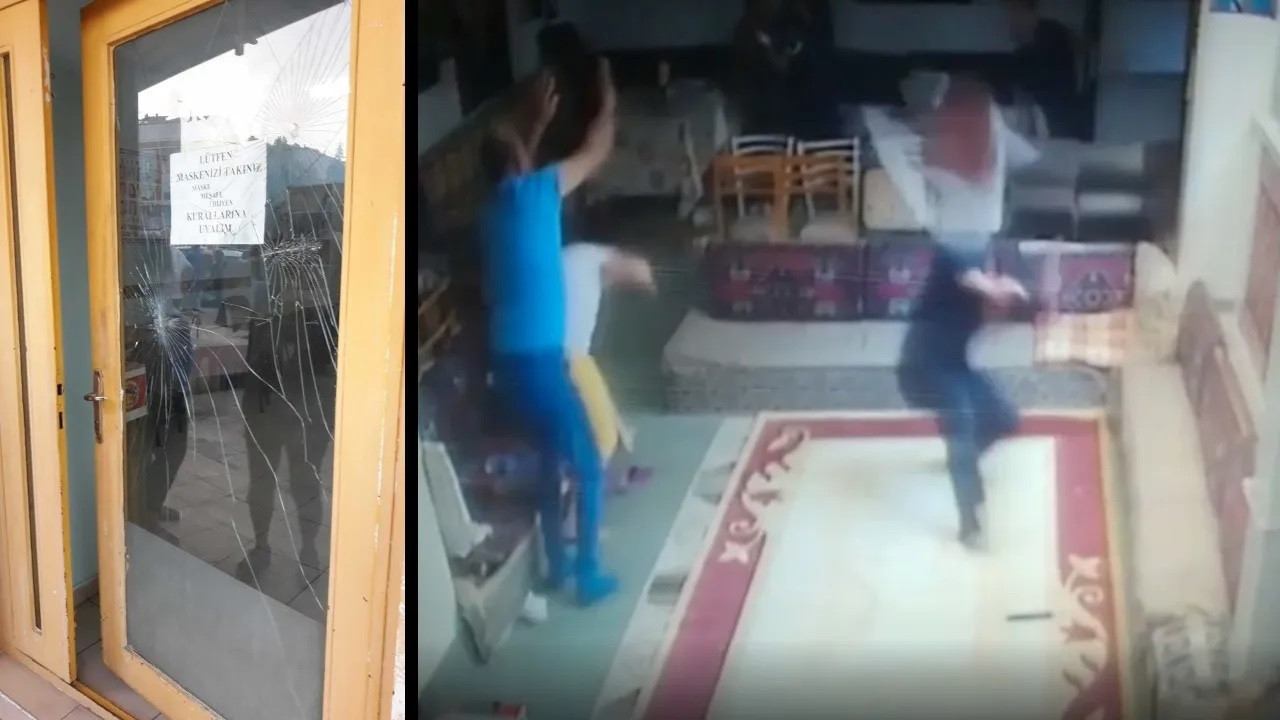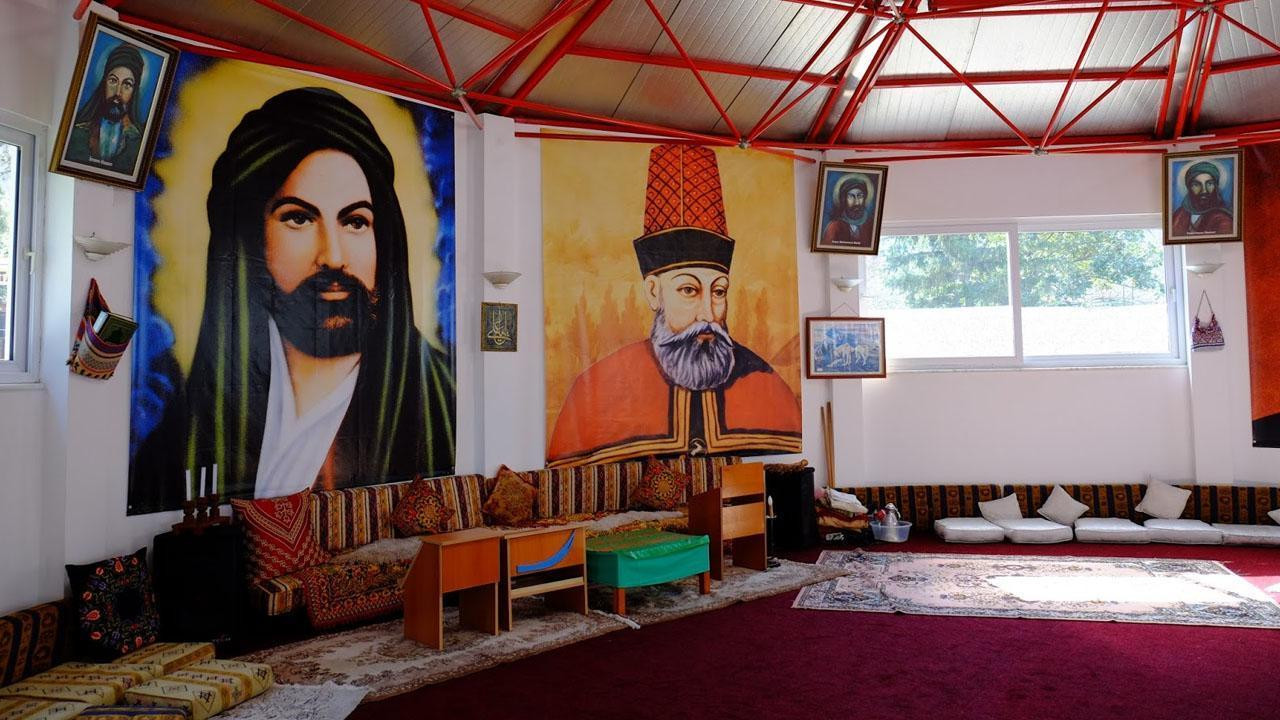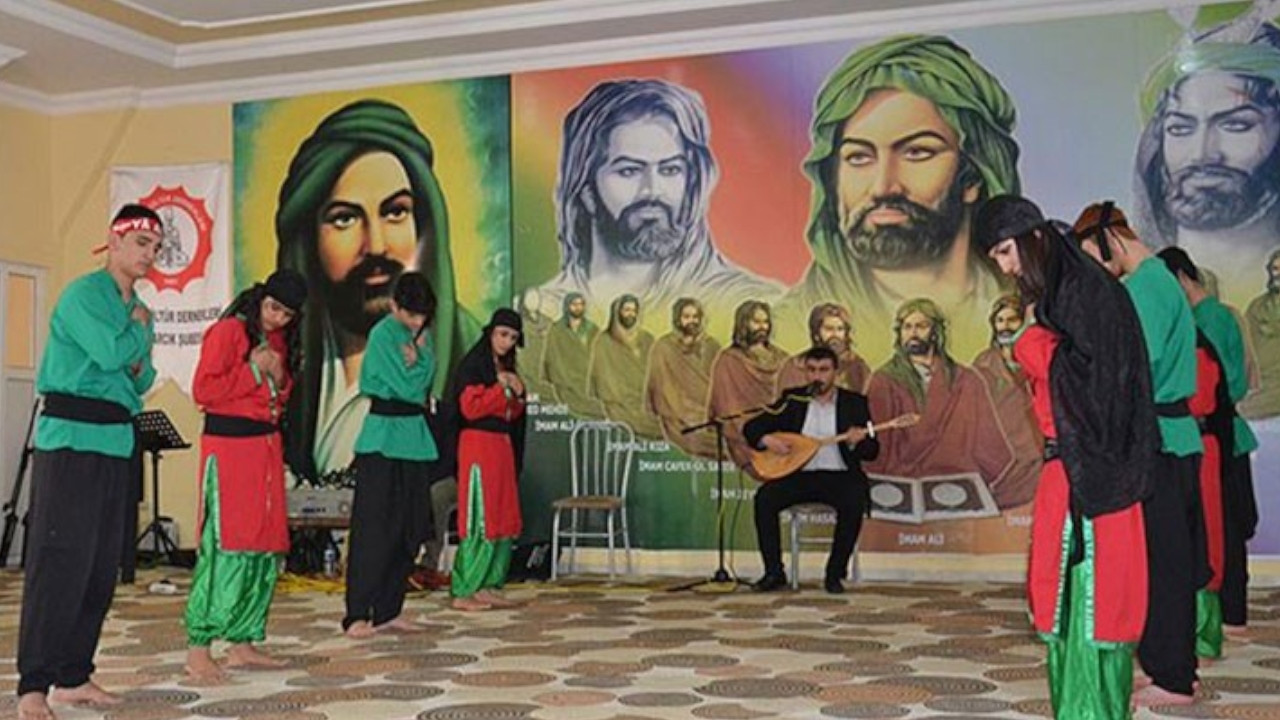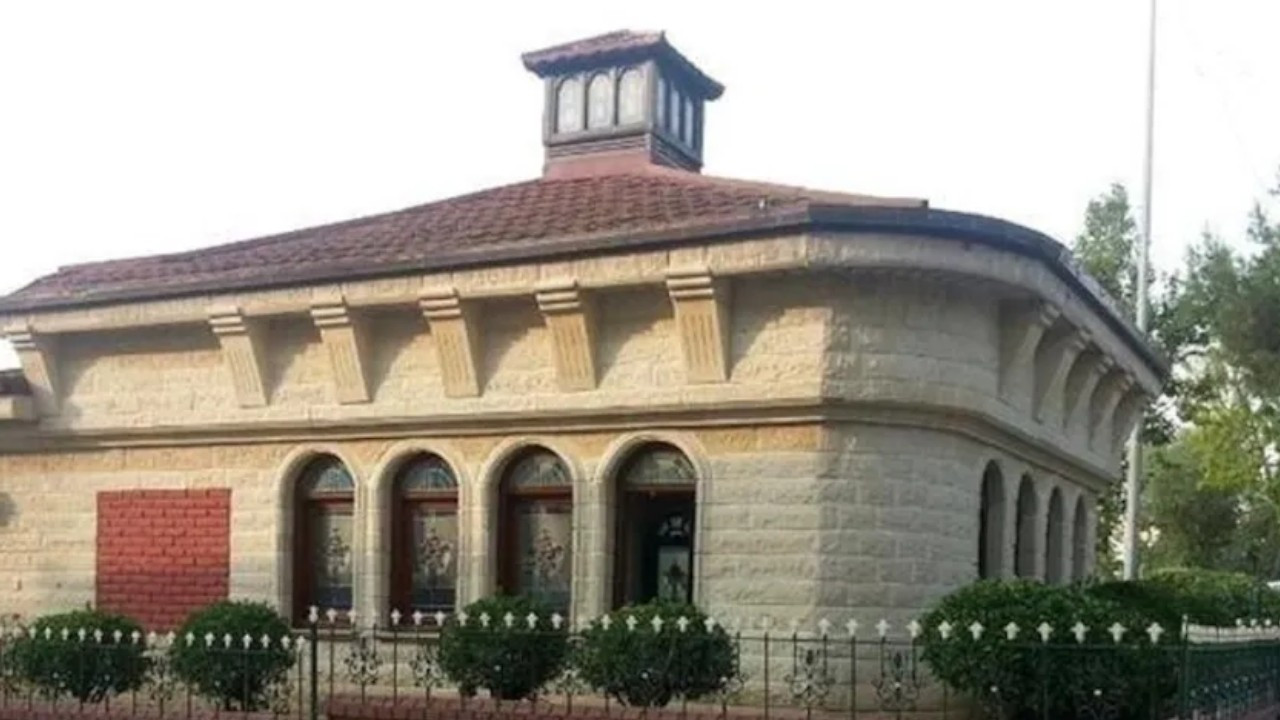Cemevi leader beaten in latest attack targeting Alevis in Turkey
Kartal Cemevi leader Selami Sarıtaş was attacked in front of his house in Istanbul in the latest attack targeting Turkey's Alevi community. The incident happened six days after five different Alevi institutions were vandalized simultaneously in the capital Ankara.
Duvar English
Two unknown assailants on Aug. 5 battered Selami Sarıtaş, the leader of an Alevi house of worship (cemevi), in Istanbul’s Kartal district.
Kartal Cemevi leader Sarıtaş said that the assailants on a motorcycle stopped him as he was driving his car. "Then he [one of the assailants] started punching me, insulting and swearing. He tried to open the door but couldn't. Then there was a brawl," Sarıtaş said.
"I threw myself on the other seat and tried to defend myself. He was constantly punching me. I kept the car horn pressed all the time.”
The incident came six days after five different Alevi institutions at different locations in the capital Ankara were attacked and vandalized.
All of the attacks happened during the Alevi holy month of Muharram. This month has a special place for the Alevi community because they commemorate the killing of Imam Hussein, the grandson of the Muslim Prophet Muhammad.
“In our days of mourning, such events are not pleasant. We will not give an opportunity to such people trying to damage our unity,” Sarıtaş was further quoted as saying by Demirören News Agency on Aug. 6.
Seven Alevi organizations declared a joint statement regarding the latest attack. Among the organizations are the Federation of Alevi Foundations, Alevi Bektashi Federation, Federation of Alevi Associations, Haji Bektash Veli Anatolian Culture Foundation, Alevi Cultural Associations, Pir Sultan Abdal Cultural Associations, and Black Sea Platform.
“We are aware of this dark period that our country has been going through. We condemn such attacks aimed at intimidating Alevi institutions," their statement read.
"Throughout the history on these lands, Alevis have not been prejudiced or cruel to any part of society, and have fought to establish a common life on the basis of equal citizenship with feelings of solidarity, unity, togetherness and brotherhood. It is our call to the public: Let's find solutions to end these attacks and hate crimes!” the statement further read.
The attacks also stirred a huge reaction on social media and among political figures.
Interior Minister Süleyman Soylu and Parliament Speaker Mustafa Şentop called Sarıtaş regarding the incident and wished him to get well soon
Democracy and Progress Party (DEVA) leader Ali Babacan wrote on social media: "I express get well wishes to Kartal Cemevi Head Selami Sarıtaş, who was the target yesterday. These attacks will not achieve their goal. We will be equal and live together freely on these lands.”
Alevi toplumuna dönük saldırıların arttığını görüyorum.
— Ali Babacan (@alibabacan) August 6, 2022
Dün hedef olan Kartal Cemevi Başkanı Selami Sarıtaş’a geçmiş olsun diliyorum.
Bu saldırılar amacına ulaşamayacak. Eşit olacağız ve bu topraklarda özgürce bir arada yaşayacağız.
Future Party leader Ahmet Davutoğlu tweeted: “I condemn the attack on Selami Sarıtaş in front of his house and convey my best wishes to him. You will not break our unity and solidarity!”
Karanlık eller, yine kirli oyun peşinde.
— Ahmet Davutoğlu (@Ahmet_Davutoglu) August 6, 2022
Alevi Vakıfları Federasyonu 2. Başkanı ve Kartal Cemevi Başkanı Sn. Selami Sarıtaş’a evinin önünde yapılan saldırıyı kınıyor, kendisine geçmiş olsun dileklerimi iletiyorum.
Birliğimizi, beraberliğimizi bozamayacaksınız!
Meanwhile, Halk TV journalist İsmail Saymaz wrote that President Recep Tayyip Erdoğan would pay a visit to Hüseyin Gazi Cemevi on Aug. 8 and that although several Alevi community leaders were invited to the gathering, most of them rejected the offer.
Alevis make up an estimated 15-25 percent of Turkey’s population, the second main religious group after Sunni Islam. Despite the fundamental differences in religious practices between the two groups, the Turkish government to-date refuses to acknowledge Alevi cemevi as the legitimate place of worship and to grant cemevis the same financial support as mosques. Instead, Turkey claims that cemevi is a cultural entity.

 Five Alevi institutions attacked on same day in AnkaraDomestic
Five Alevi institutions attacked on same day in AnkaraDomestic Main opposition submits bill to parliament calling for recognition of cemevis as places of worshipHuman Rights
Main opposition submits bill to parliament calling for recognition of cemevis as places of worshipHuman Rights Alevi houses of worship demand equal rights, say they will not pay electricity billsHuman Rights
Alevi houses of worship demand equal rights, say they will not pay electricity billsHuman Rights Electricity company deems cemevi 'commercial user,' overcharges itDomestic
Electricity company deems cemevi 'commercial user,' overcharges itDomestic